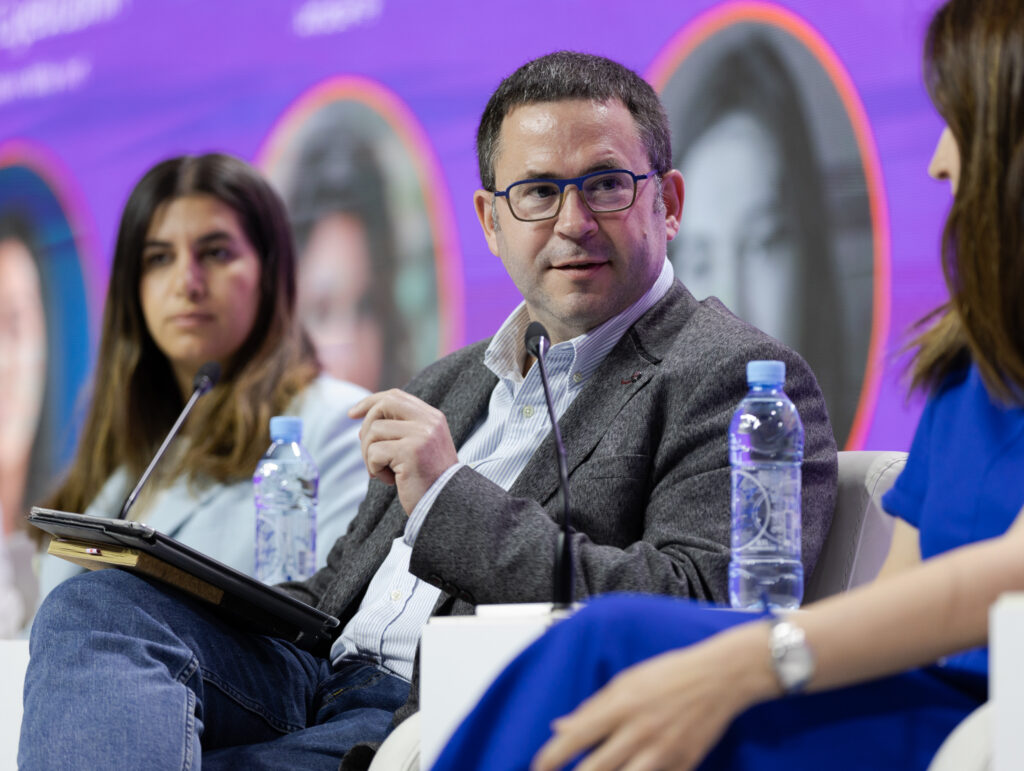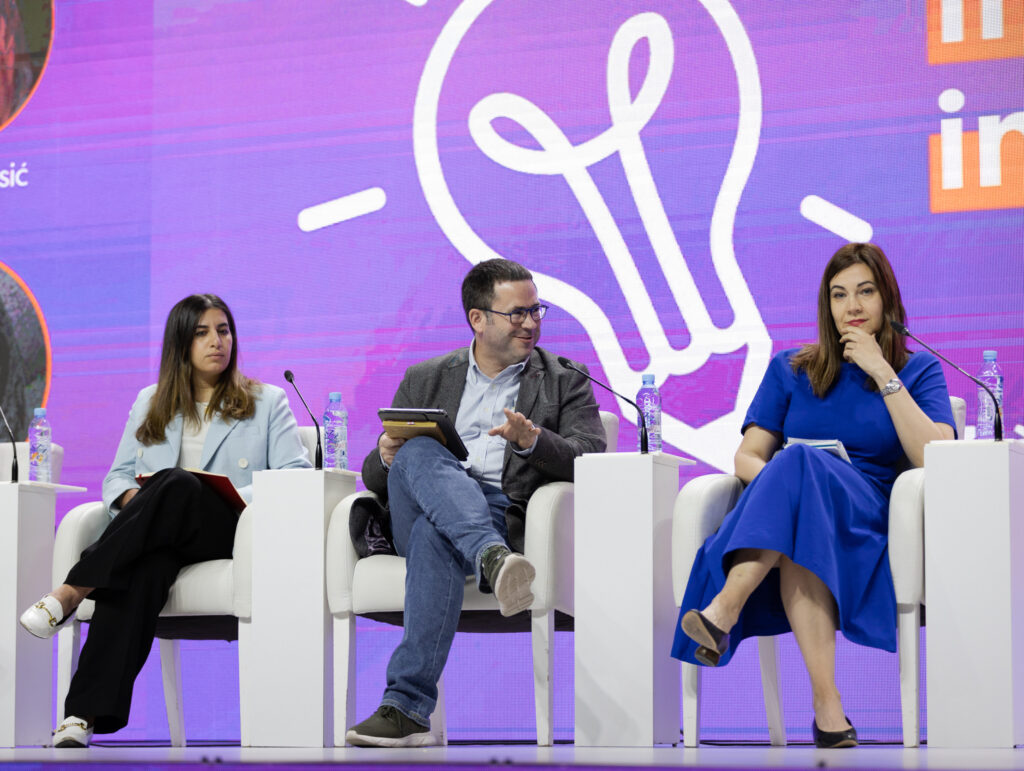Dr. Pierre François Docquir has extensive academic and expertize experience in Human Rights Law, Internet, and Media Law and Regulation. Since 2015 he has been part of Article 19 as a senior legal officer, and now he directs its Media Freedom Programme. He has worked previously as a researcher and lawyer, mainly in Belgium, publishing several works on media regulation and free speech issues. He has also taught in diverse teaching and training programs on such topics.

Author: Diana Malaj / Photo: Vanja Čerimagić
Can you explain your work with Article 19 and its aims?
Yes, sure. Article 19 is an international organization working on the right to freedom of expression. We have global headquarters based in London. We also have several regional offices worldwide because it is essential for us to always work with a strong understanding of the local context and with local organizations. Whenever we are doing projects somewhere for freedom of expression, we always work with local partners.
How do you see the involvement of civil society and media organizations in the drafting and implementation of media laws?
The role of civil society, including media organizations, is vital in any democracy. Whenever there is an elaboration of a new law, all stakeholders should be open and transparent, as we call them. That would be the media, but it also includes civil society organizations. Therefore, the people or civil society have the chance to make a point about possible risks of specific legislative ideas and press on what they want in terms of media law and landscapes. And we also think that international standards on freedom of expression and media freedom provide the relevant framework for any civil society work concerning media.

What are the main issues that media and journalists and media platforms face in their digital services? In your opinion, how should these issues be?
If I have to summarize, one issue is how to engage with social media platforms. Because social media platforms are giant companies based in the US and operate on a global scale and can be very hard for local actors, be the media or civil society, to have a conversation about things that happen on social media. Problems that affect journalists, there may be questions of harassment, especially towards women journalists. When somebody is a victim of such a situation or such treatment, there should be ways to engage with social media to solve the problem before it escalates into something harmful and problematic. But also, generally, any issue of content moderation on social media can only be solved if there is a proper understanding of the local context, and it is something that civil society actors can provide to social media companies if they have an opportunity to engage in an open and transparent conversation with social media companies. So, I think that is one of the significant challenges today.